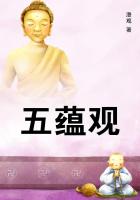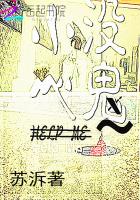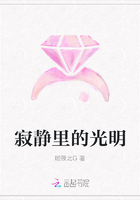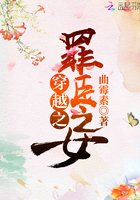The Conception of Costs Whatever economic production goods a man has within his disposal, whether lands, capital, or labour power, he counts part of his wealth -- although they do not directly increase his satisfactions; and he does so with just as much right as he counts those consumption goods wealth which permit of direct enjoyment. The possession of production goods gives the promise of acquiring consumption goods later. Production, therefore, not only creates value, it also destroys value. Only so long as one is taken by surprise at the emergence of productive value, in that it is unexpected, is it reckoned as pure gain. When the Phoenicians -- as the fable goes -- accidentally came upon glass among the ashes, only the gain of production would be present to their minds; but whoever, thereafter, began to produce glass, and in doing so was obliged to pay attention to the materials of its production, would learn perforce the destructive part of production. If production, on the one side, brings forth products, it limits, on the other, the producing powers. On this account it is every one's duty to see that his production is always directed towards the greatest possible result, in case he should consume more value than he will eventually gain.
This circumstance receives more distinct form and emphasis in the case of production goods capable of many and various employments. Here care must be taken to choose those employments which will prove the most economically efficient, both as regards kind and amount. Circulating capital or labour power devoted to any one production, is thereby absolutely withdrawn from all others; the same is true of fixed capital, and even of unconsumable land, during the period of the production to which they are devoted. In consideration of this fact the devotion of means of production to individual undertaking must always be well considered. It is necessary, for this end, that the man who resolves on the ****** of one special product, should form an exact idea of the value of all the other products whose manufacture is thereby rendered impossible. But how can this be done? It is done by taking account of the value of their common economic factors of production. In these factors the value of all "cognate" products, without exception, is incorporated.
Productive value, consequently, occupies a position of mention among the whole circle of cognate products. Whenever the value of any class of products falls or rises, and thereby either the extension or the limitation of other branches of production is demanded,(1*) the effect is first communicated to productive value, and is then passed on from productive value. The products and the value of the products adjust themselves, in each individual case, to the productive value, and the productive value indicates the limit of production common to all.
In this way we reach the point of view from which production goods are conceived of as costs. The first element in it is that the productive employment figures as outlay, as sacrifice, as loss; the second is that, in virtue of this, attention is called to the equalisation of several connected productions. To say that any kind of production involves cost, simply implies that the economic means of production, which could doubtless have been usefully employed in other directions, are either used up in it, or are suspended during it. Costs are production goods when these are devoted to one individual employment, and, on account of their capacity of being otherwise employed, take the shape of outlay, expenditure.(2*) The measure for estimating costs is always the productive marginal utility, as it is found on consideration of all the employments economically permissible.
Thus only those production goods which we have already (in Book III. chap. xii) called "cost goods," as opposed to "monopoly goods," can be regarded as costs. Productive elements which admit of only one kind of employment, do not share the multiplicity of conditions necessary for the emergence of what we recognise as costs. A mineral spring, which can be used only by drawing off its contents and putting them into bottles, must, obviously, stand in a quite different relation to the value of the product from the unskilled labour which fills the bottles, but is capable of a hundred other uses besides. "Monopoly goods" simply take to themselves the value of the products imputed to them, and do not conduct it back again to these products, as do "cost goods," --while cost goods are the parent goods of the great productive relationships, within which they act as combining forces and equalisers of value. The more various the employments of any productive element are, and the shorter the processes are, -- as this continually necessitates new deliberations as to how the goods are to be employed next -- the more does their employment in production obtain the character of a sacrifice whose amount must be well weighed if the proper balance of production is to be maintained. Unskilled labour and the commonest kinds of floating capital, are, consequently, the goods to which the conception of costs most frequently applies.
NOTES:
1. If, for instance, the price of cotton thread is reduced, thread manufacturers will not pay the former price for cotton yarns. But if cotton spinners are compelled to quote a lower price to thread manufacturers they cannot ask a higher price from cloth weavers. Thus the weavers get their raw material cheaper because of the fall in the price of the cognate product, thread, and this tends to an extension of the cloth manufacture. -- W.S.
2. This definition requires a slight readjustment only in so far as interest and land rent (see below, Book V. chaps. xi and xii)are reckoned among costs. Interest and rent -- or the goods which constitute them -- are not production goods; they are simply elements of the production calculus as production goods are.

